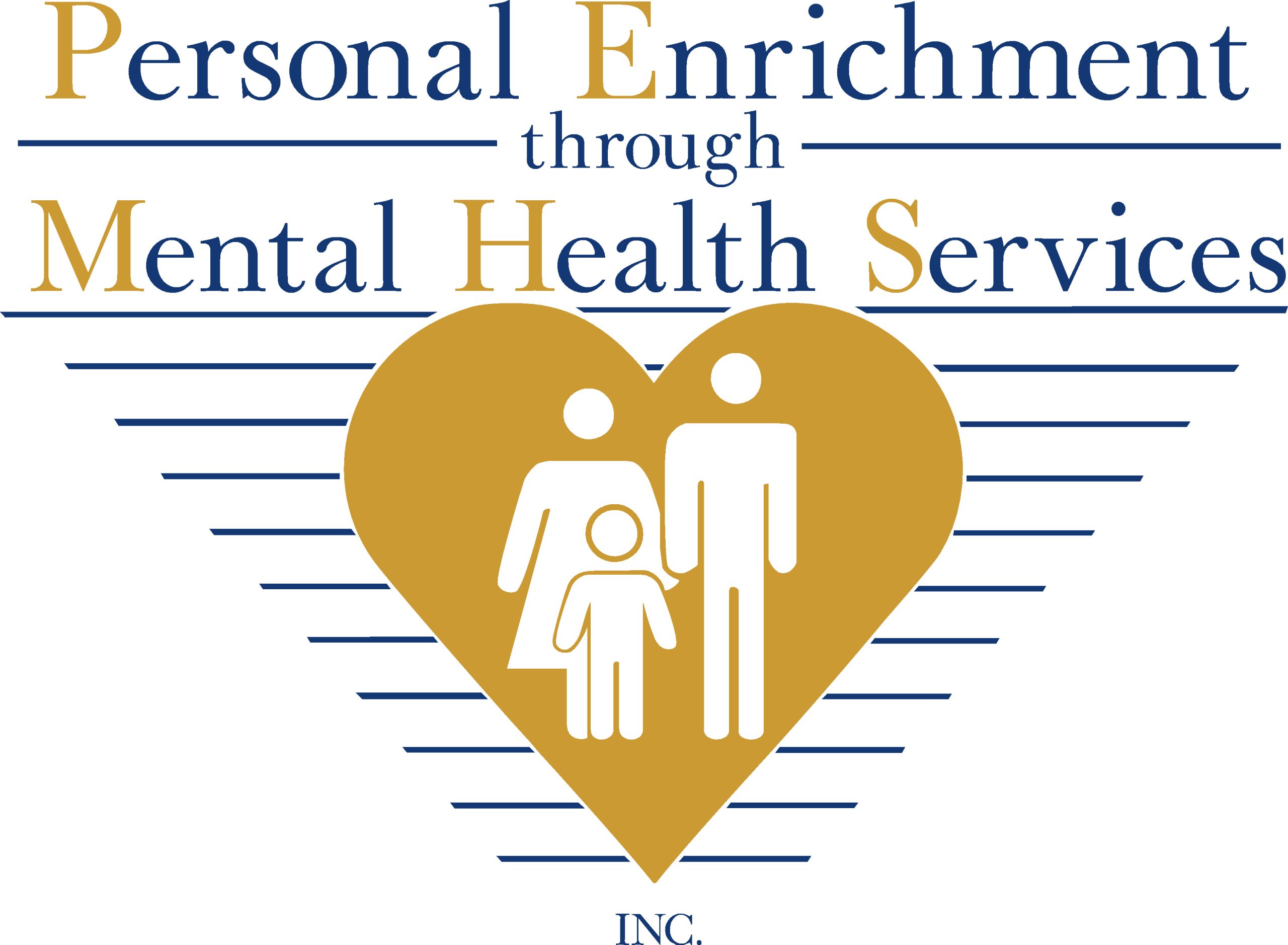24-Hour Suicide Hotline:
727-791-3131
If you or someone you know is thinking about suicide, call for IMMEDIATE HELP!
727.791.3131
PEMHS stands at the forefront of suicide prevention efforts, deeply committed to safeguarding individuals in crisis. Notably, we operate our dedicated suicide prevention hotline, offering vital support to those grappling with overwhelming emotions. Additionally, as a trusted backup for the nationwide 988 service, we ensure seamless assistance reaches those in need, augmenting our reach and impact. Beyond this, our involvement extends to addressing diverse mental health concerns through initiatives like YouGood calls, providing a listening ear and guidance to individuals navigating challenging times. Serving as the primary suicide hotline for Pinellas County underscores our integral role in the local community, where we handle approximately 3000 calls monthly. These calls span from urgent suicide intervention to providing empathetic support for individuals feeling emotionally burdened, highlighting our unwavering commitment to mental wellness and crisis intervention.
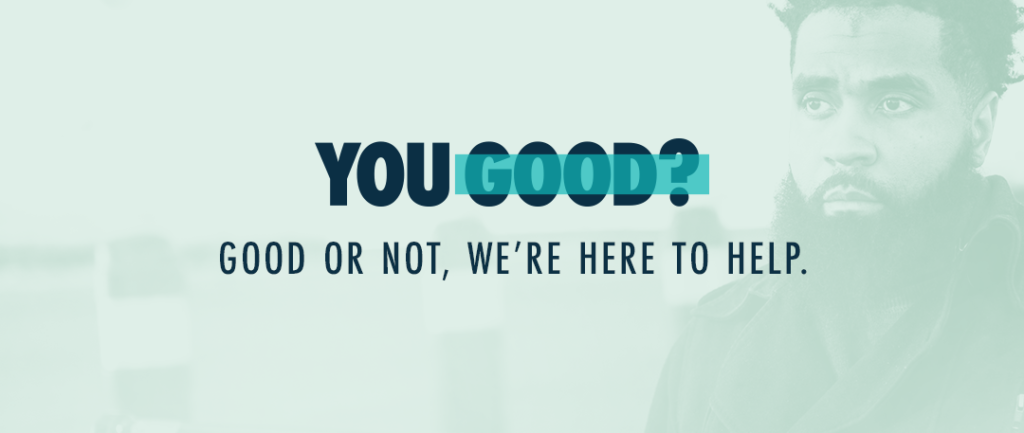
Suicide & Crisis Lifeline
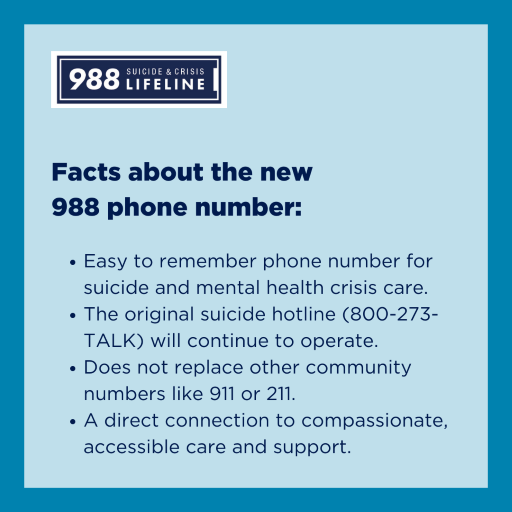
988 is a new, easy to remember way for people to connect to support when they are having thoughts of suicide or are experiencing other behavioral health crisis situations.
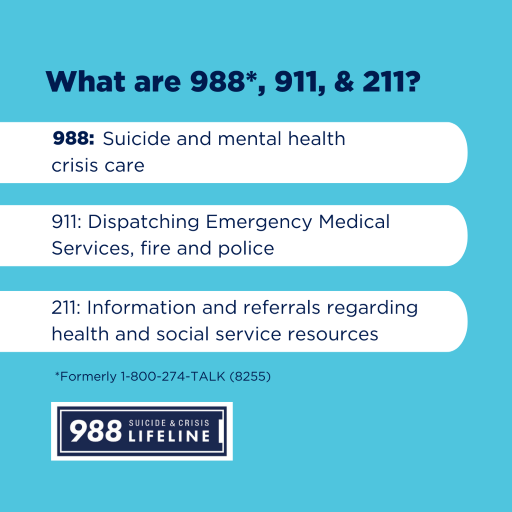
YOUTH HOTLINE: 1-877-YOUTHLINE (1-877-968-8454 )
FLORIDA SUICIDE PREVENTION COALITION –www.floridasuicideprevention.org
NATIONAL SUICIDE PREVENTION LIFELINE
NAMI – NATIONAL ALLIANCE FOR MENTAL ILLNESS – www.nami.org; local 727-791-3434
PEMHS CRISIS STABILIZATION UNITS – https://suicidepreventionlifeline.org/
Websites – www.afsp.org; www.nimh.gov; www.bethe1to.com
Healing After a Loved One’s Suicide (HALOS) GROUP contact Bonnie McClelland Oaks (727)-394-8222
OUTPATIENT COUNSELING AND TRAUMA SERVICES:
Directions For Living- (727) 524-4464 – www.directionsforliving.org
Suncoast Center for Community Mental Health-727.388.1220 –www.suncoastcenter.org
24-Hour Mental Health Assistance:
727-541-4628
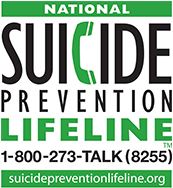


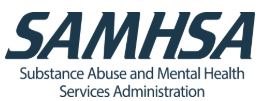

SUICIDE WARNING SIGNS

1. ACTIONS:
GIVING AWAY POSSESIONS
WITHDRAWAL OR SOCIAL ISOLATION
LOSS OF INTEREST IN HOBBIES
GETTING AFFAIRS IN ORDER
IMPULSIVE AND AGGRESSIVE BEHAVIOR
INCREASED USE OF ALCOHOL AND DRUGS
SUDDEN EXTREME CHANGE IN BEHAVIOR
POOR COPING SKILLS
ACQUIRING A GUN
STOCKPILING PILLS
PERFECTIONISM
CONFUSION/DIFFICULTY MAKING DECISIONS
PREFERENCE FOR VIDEOS/MUSIC ABOUT DEATH
STOPPING EFFORT INTO PERSONAL APPEARANCE/HYGIENE AND PERSONAL EFFECTS
2. FEELINGS:
HOPELESSNESS
DESPARATION
ANGER
WORTHLESSNESS
LONELINESS
SADNESS
HELPLESSNESS
3. STATEMENTS:
I WON’T BE NEEDING THESE THINGS ANY MORE
I JUST CAN’T TAKE IT ANYMORE – ESPECIALLY IF THE PERSON IS A VICTIM OF ABUSE OR BULLYING
I WISH I WERE DEAD
EVERYONE WILL BE BETTER OFF WITHOUT ME
NO ONE WILL CARE IF I’M NOT HERE ANYMORE
I WON’T BE AROUND MUCH LONGER
IT DOESN’T MATTER ANYMORE
IF _____ HAPPENS, I’LL KILL MYSELF
REMEMBER, I WILL ALWAYS LOVE YOU
I’M NOT PLANNING THAT FAR AHEAD
I’LL SHOW THEM
I DON’T WANT TO BE A BURDEN
WHAT’S THE POINT OF LIVING?
I HATE MY LIFE
4. PHYSICAL CHANGES:
LACK OF INTEREST IN APPEARANCE
DISTURBANCE IN SLEEP
CHANGES/LOSS OF APPETITE AND WEIGHT
PHYSICAL HEALTH COMPLAINTS
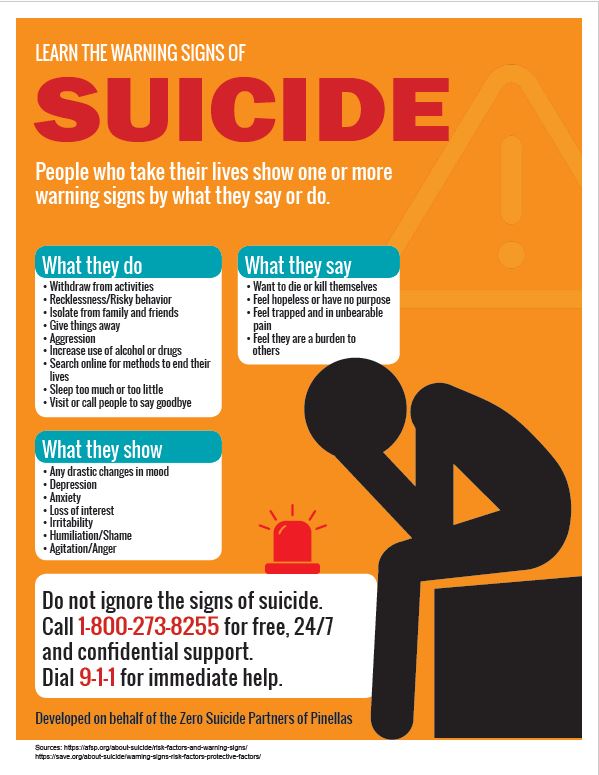

Common Myths About Suicide
People who talk about suicide won’t really do it.
Anyone who tries to kill him/herself must be crazy.
If a person is determined to kill him/herself, nothing is going to stop them.
People who commit suicide are people who were unwilling to seek help.
Talking about suicide may give someone the idea to commit suicide.
Depression is situational.
Suicide is most common in minorities.
Suicide is most common in lower socioeconomic groups.
DO’S
DO TAKE ALL SUICIDE THREATS SERIOUSLY
DO LISTEN
DO OFFER EMPATHY, NOT SYMPATHY
DO OFFER HOPE THAT ALTERNATIVES ARE AVAILABLE
DON’TS
DON’T BE JUDGMENTAL
DON’T DEBATE WITH SOMEONE OVER THEIR SUICIDAL FEELINGS
DON’T LEAVE THE PERSON
DON’T BE DISMISSIVE
